Princes William and Harry blast ‘culture of exploitation’ after BBC Bashir report
Panorama interview contributed to our mother’s ‘fear and paranoia’, says Duke of Cambridge
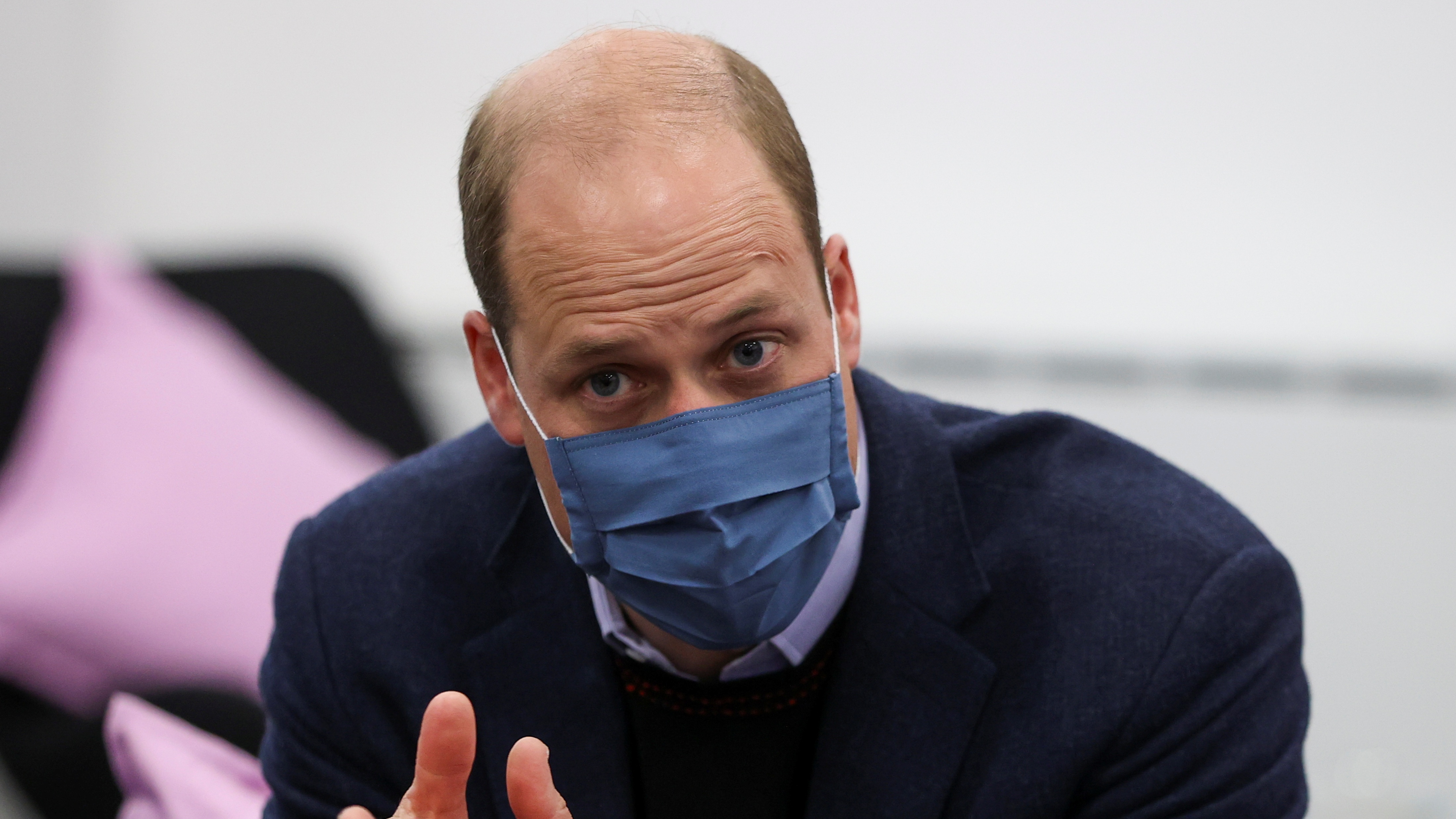
A free daily email with the biggest news stories of the day – and the best features from TheWeek.com
You are now subscribed
Your newsletter sign-up was successful
BBC “lies” fuelled Princess Diana’s “fears and paranoia” in the final years of her life, Prince William has claimed following the release of a damning report on the methods used to obtain the infamous Panorama interview with his late mother.
Martin Bashir’s 1995 interview was a “major” contributing factor in making his parent’s relationship “worse”, the Duke of Cambridge said in a broadcast statement to the BBC’s rival ITV News. “It effectively established a false narrative which, for over a quarter of a century, has been commercialised by the BBC and others,” William added.
The royal rebuke is “unprecedented”, says The Times, and piles further pressure on the national broadcaster after Lord John Dyson’s inquiry found that Bashir “deceived” Diana’s brother, Earl Charles Spencer, to secure an introduction to her.
The Week
Escape your echo chamber. Get the facts behind the news, plus analysis from multiple perspectives.

Sign up for The Week's Free Newsletters
From our morning news briefing to a weekly Good News Newsletter, get the best of The Week delivered directly to your inbox.
From our morning news briefing to a weekly Good News Newsletter, get the best of The Week delivered directly to your inbox.
The independent investigation by retired judge Dyson concluded that the journalist breached BBC rules by using fake bank statements that suggested a member of Spencer’s staff was leaking stories to the press, in order to gain his trust.
Yet an internal BBC inquiry in 1996 cleared Bashir of any wrongdoing.
Around 23 million people worldwide tuned in to watch his world-exclusive interview with Diana, during which she revealed intimate details of her life including her struggles with bulimia and self-harm.
Prince William argues that the “deceitful” methods of “BBC employees” who “lied and used fake documents” to secure the interview “substantially influenced what my mother said”.
A free daily email with the biggest news stories of the day – and the best features from TheWeek.com
The Royal described his “indescribable sadness” over how “the BBC’s failures contributed significantly to her fear, paranoia and isolation, that I remember from her final years with her”, adding: “What saddens me most is that if the BBC had properly investigated the complaints and concerns first raised in 1995, my mother would have known that she’d been deceived.”
Prince Harry has also spoken out about his mother following the publication of Dyson’s report. In a separate statement, the Duke of Sussex said that the “ripple effect of a culture of exploitation and unethical practices ultimately took her life”.
Unethical practices in the media “are still widespread today”, he continued, warning that the problem was “bigger than one outlet, one network or one publication”.
“Our mother lost her life because of this, and nothing has changed,” Harry concluded. “By protecting her legacy, we protect everyone, and uphold the dignity with which she lived her life.”
BBC royal correspondent Jonny Dymond notes that while, in the past, “it's been Harry that's been so angry” with the media, the “visceral attack” on the BBC by William is “a sign of his deep hurt and deep dismay”.
The brothers' onslaughts and “absolutely blistering” tone of the Dyson report have left the BBC “severely injured and probably scarred”, the broadcaster’s media editor Amol Rajan told BBC News at Ten yesterday.
And with widespread anger among the public and cabinet ministers too, the BBC is in a “dreadful place”, he added.
Indeed, the cost of the scandal to Auntie is “incalculable”, writes Andrew Neil, former host of several flagship BBC programmes and chair of the soon-to-launch GB News, in an article for the Daily Mail. Having “scaled the moral high ground” during the tabloid phone-hackings scandal while “drawing a veil over its own cesspit”, the BBC is now paying the price, says Neil.
Culture Secretary Oliver Dowden said last night that in the wake of the “damning” inquiry findings, the government would consider whether the BBC’s governance should be reformed.
Meanwhile, BBC Director-General Tim Davie said that while Dyson’s report states the Diana “was keen on the idea of an interview” with the broadcaster, the “process for securing the interview fell far short of what audiences have a right to expect”.
Sorcha Bradley is a writer at The Week and a regular on “The Week Unwrapped” podcast. She worked at The Week magazine for a year and a half before taking up her current role with the digital team, where she mostly covers UK current affairs and politics. Before joining The Week, Sorcha worked at slow-news start-up Tortoise Media. She has also written for Sky News, The Sunday Times, the London Evening Standard and Grazia magazine, among other publications. She has a master’s in newspaper journalism from City, University of London, where she specialised in political journalism.
-
 Local elections 2026: where are they and who is expected to win?
Local elections 2026: where are they and who is expected to win?The Explainer Labour is braced for heavy losses and U-turn on postponing some council elections hasn’t helped the party’s prospects
-
 6 of the world’s most accessible destinations
6 of the world’s most accessible destinationsThe Week Recommends Experience all of Berlin, Singapore and Sydney
-
 How the FCC’s ‘equal time’ rule works
How the FCC’s ‘equal time’ rule worksIn the Spotlight The law is at the heart of the Colbert-CBS conflict
-
 Why is Prince William in Saudi Arabia?
Why is Prince William in Saudi Arabia?Today’s Big Question Government requested royal visit to boost trade and ties with Middle East powerhouse, but critics balk at kingdom’s human rights record
-
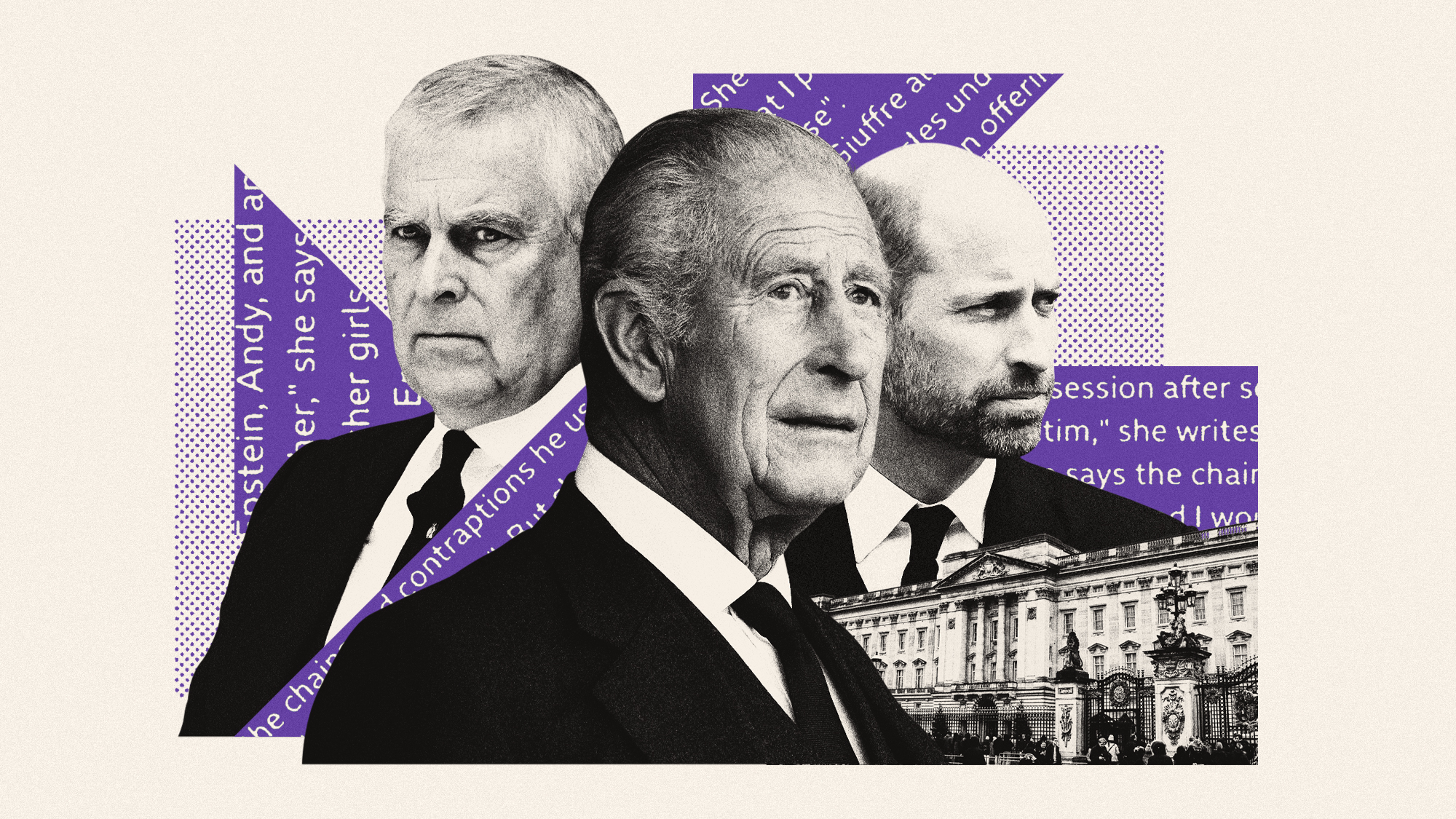 Prince Andrew: is the royal family doing enough?
Prince Andrew: is the royal family doing enough?Today’s Big Question King Charles faces calls for tougher action against Andrew after latest allegations about Virginia Giuffre and Jeffrey Epstein
-
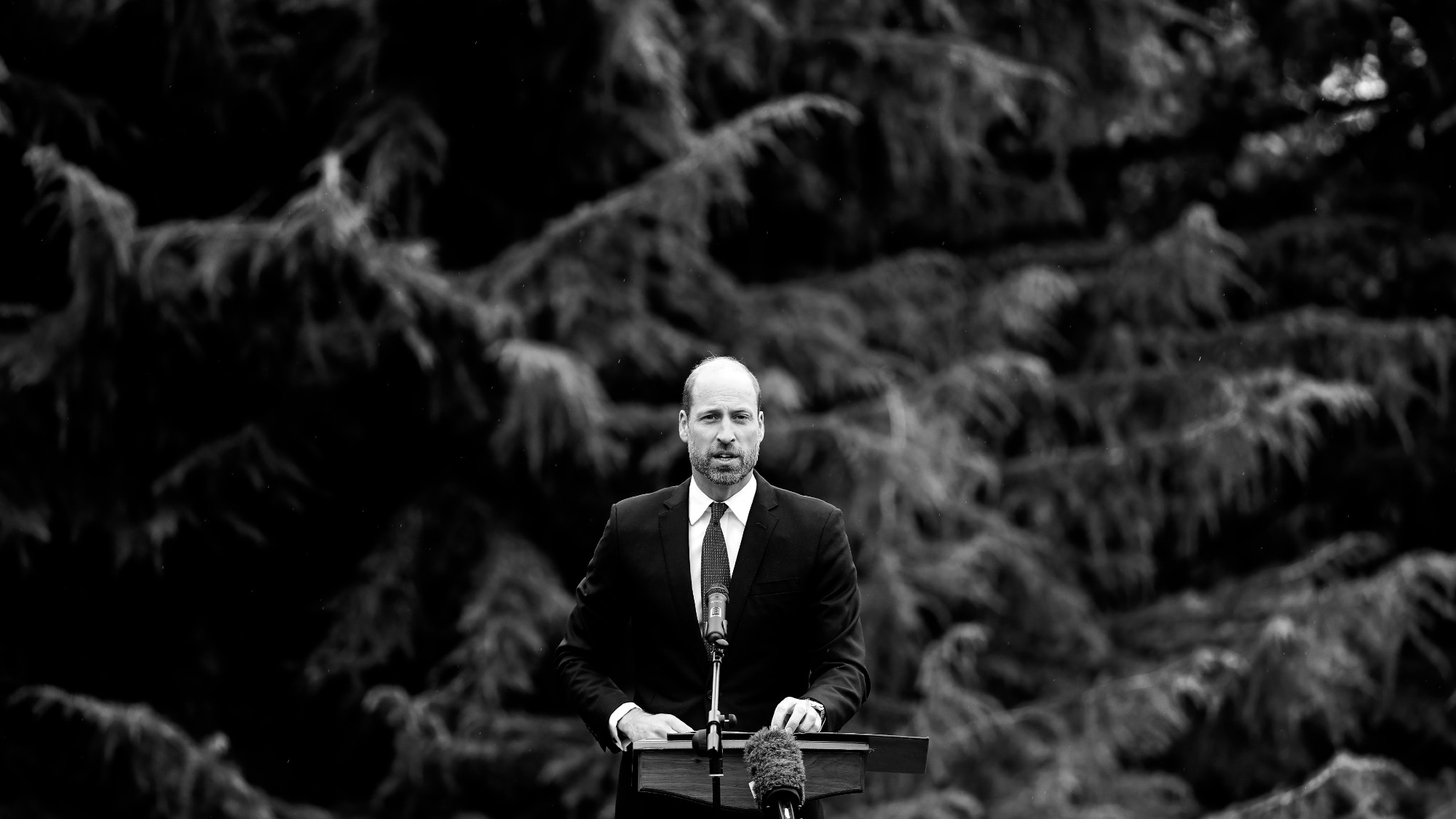 What will William be like as king?
What will William be like as king?Today's Big Question Prince of Wales said he won’t be ‘restricted’ by history when he takes the throne
-
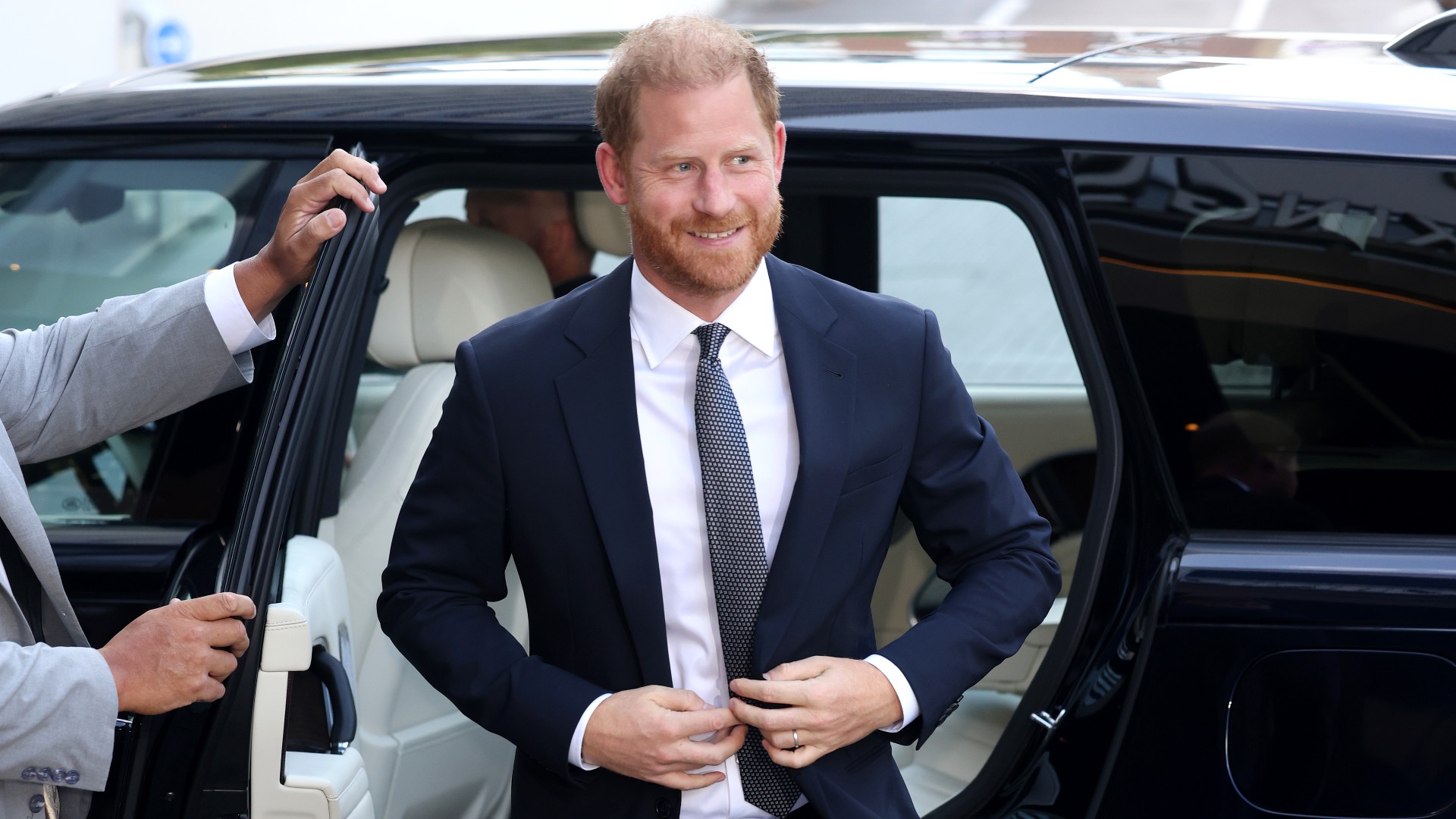 Prince charming: Harry’s tea with King sparks royal reconciliation rumours
Prince charming: Harry’s tea with King sparks royal reconciliation rumoursTalking Point Are the royals – and the UK public – ready to welcome the Duke of Sussex back in?
-
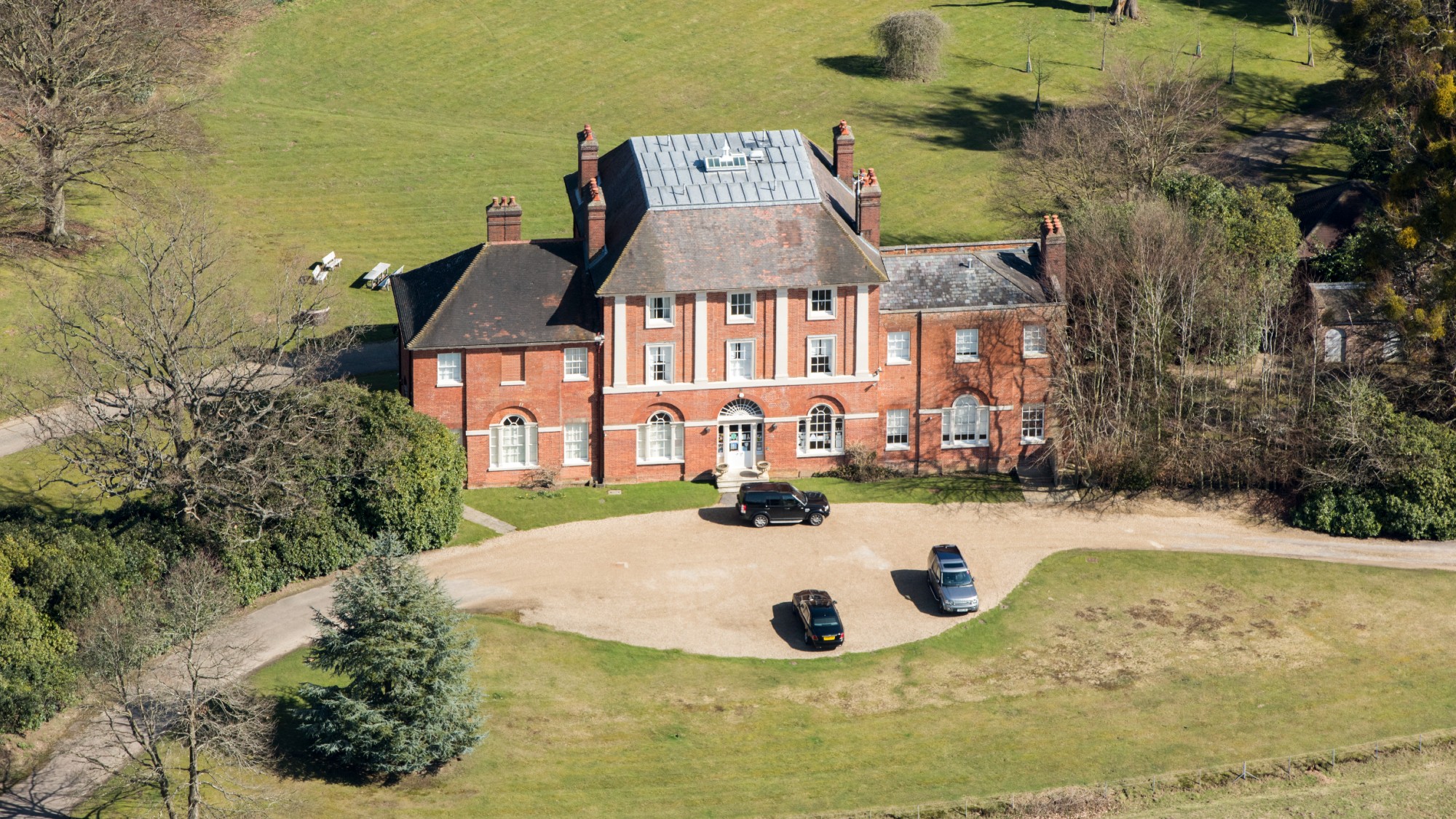 Forest Lodge: William and Kate's new home breaks with royal tradition
Forest Lodge: William and Kate's new home breaks with royal traditionIn the Spotlight Wales' said to hope move to 'forever home' in Windsor Great Park will 'leave unhappy memories behind'
-
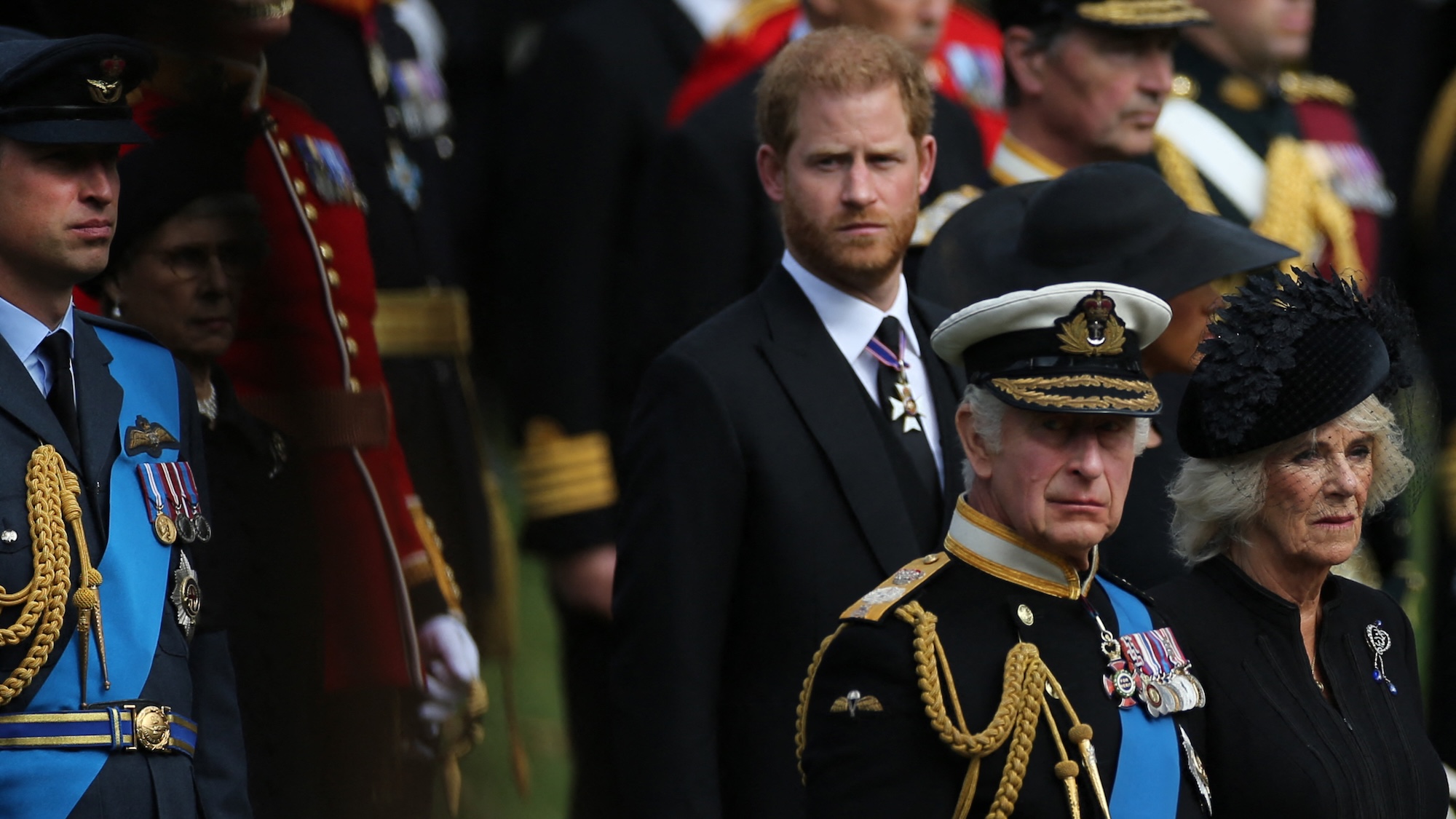 King Charles and Prince Harry: peace in our time?
King Charles and Prince Harry: peace in our time?Talking Point Leaked images of a secret meeting between royal aides suggest a dialogue is beginning to open up
-
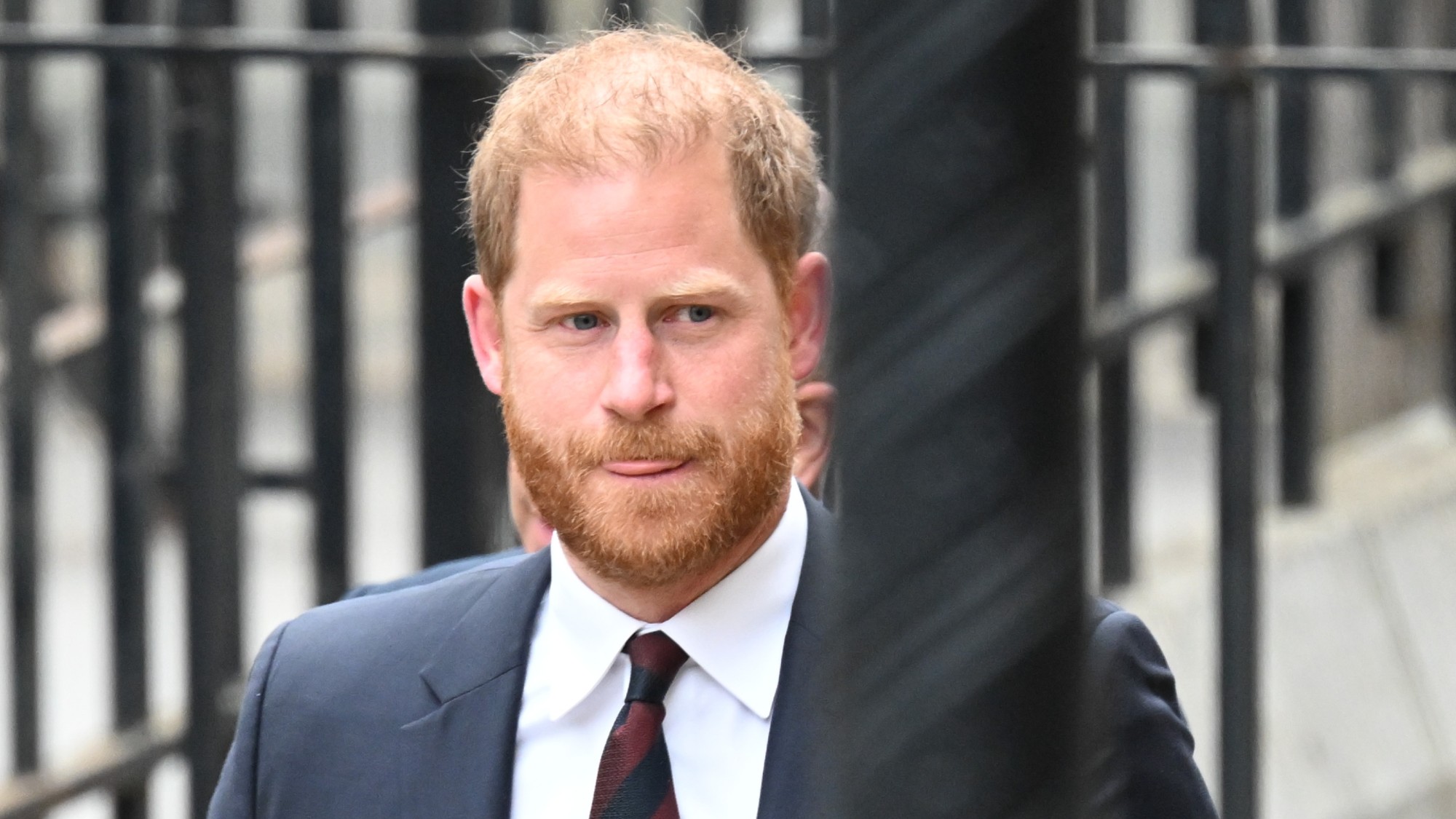 Prince Harry's 'bombshell' BBC interview
Prince Harry's 'bombshell' BBC interviewTalking Point Royal claims he is not safe to visit the UK and fuels speculation over King Charles' health in 'extraordinary' BBC interview
-
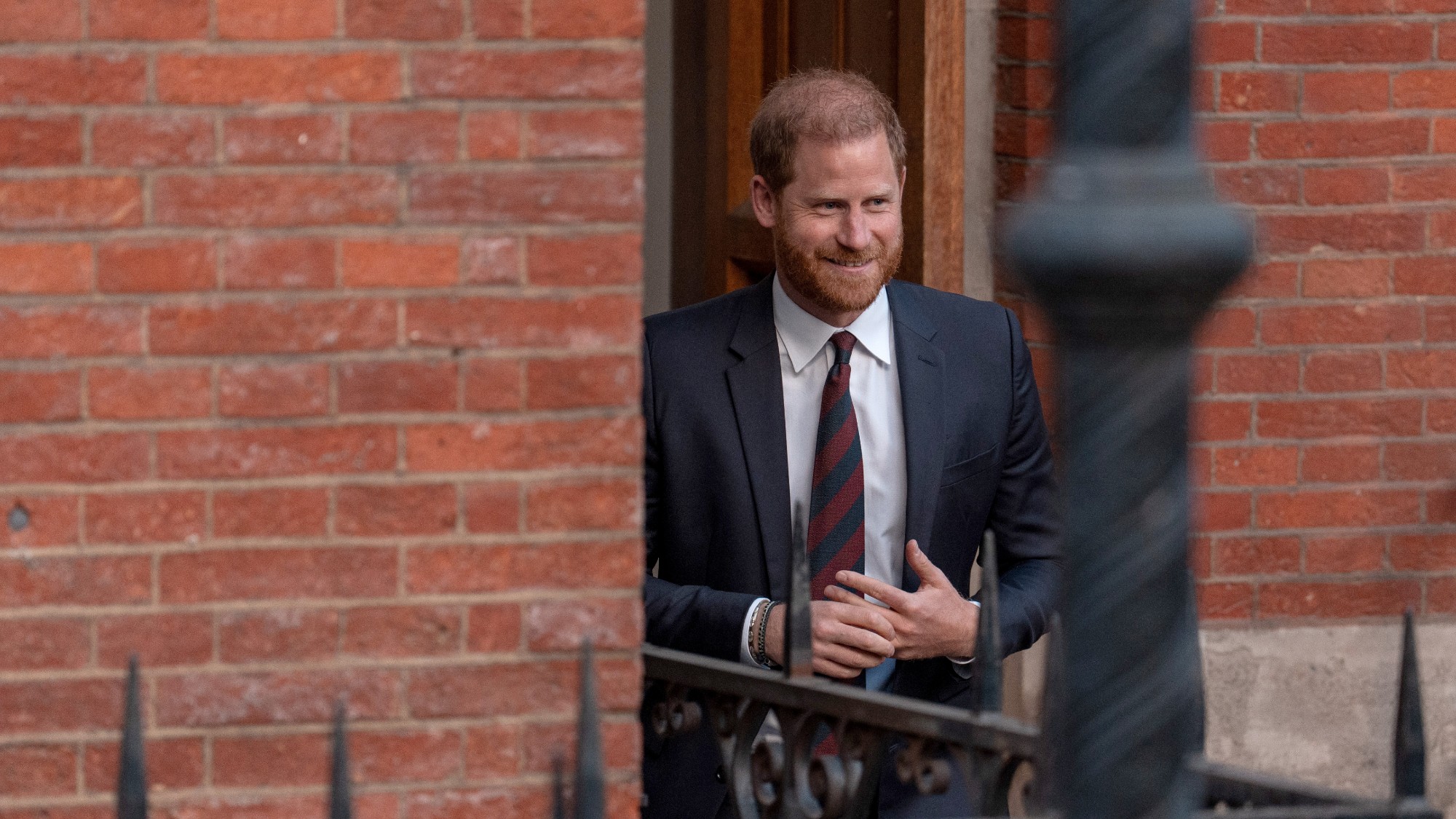 Is Prince Harry owed protection?
Is Prince Harry owed protection?Talking Point The Duke of Sussex claims he has been singled out for 'unjustified and inferior treatment' over decision to withdraw round-the-clock security